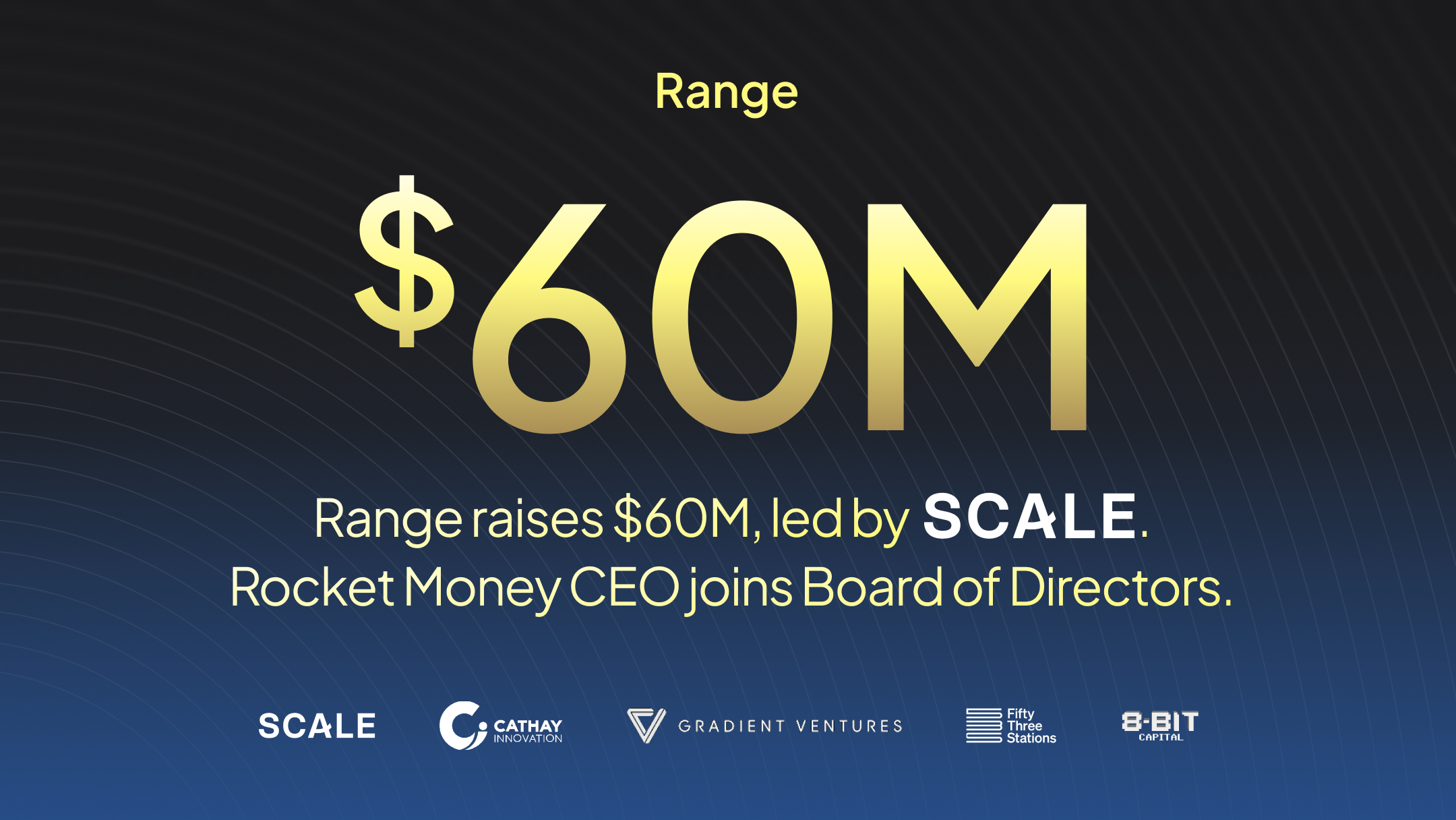TL;DR
Having a new child can be an incredibly exciting and stressful time. Despite the immediate considerations of caring for your child and the associated financial costs of car seats, strollers, and diapers - many people don’t think about their child’s financial future until many years later. By planning early, a little money and some sound financial planning can set your little ones up to have a powerful financial foundation once they’ve launched into the world!
WHERE TO BEGIN
After the craziness of new parenthood subsides, sit down with all important parties and discuss your financial plans. What values would you like to instill in your child as they grow up? What would you like to help them with in the future? Undergraduate college expenses? Graduate school? Buying a car? Buying a house? Once you have a basic idea of what you would like to do, determine how much money you can start with, either as a lump sum amount or a monthly savings stream. Then decide where to deposit it!
KEY ACCOUNT TYPES
A 529 education savings plan
529 accounts are tax-deferred investment accounts for purposes of college savings. “Tax-deferred” means that these accounts do not pay taxes on annual growth such as interest, dividends, and capital appreciation. As long as the money is withdrawn for qualified educational costs in the future, the withdrawals are also tax-free! Certain resident state taxpayers are also afforded a state income tax deduction when they make contributions to 529 plan. Once 529 accounts are opened they can often be transferred to a different state, but be careful as certain states have “claw back” rules which target any tax benefit previously received in the original state.
The definition of “qualified educational costs” has been expanded in recent years, which can now include things like private K-12 tuition (up to $10K/year), laptops and lab equipment in college, off-campus housing, etc. These plans are offered on a state-by-state basis, with each state possessing different attributes and potential benefits. Caution: There may be taxes and penalties due if the money is used for other purposes, and it depends on the state you live in!
Make it fun for your family! Let your parents, siblings, and any other family members know that the account is open. Many families make gifts to these types of accounts for birthdays, religious milestones, academic milestones, holidays - you name it!
You or your spouse could open the account, with the beneficiary of the account assigned as you wish (typically the child for whose education you are saving for). The beneficiary can be changed at any time within your direct family (even cousins) and you can also transfer money between the accounts if the need arises.
You can set up automatic contributions— say $50 or $100 a month —making it easy to keep saving. The accounts can be funded up to the maximum annual gift tax exemption - currently $16,000/year per donor, per beneficiary. Under a special election, you can invest up to $80,000 as a single filer ($160,000 for married couples filing jointly) at one time by accelerating 5 years’ worth of contributions without being subject to gift taxes. For each of the 5 years, you must report the 5-year election on IRS form 709.
We often caution parents and grandparents against over-funding the accounts at this time, given the unknown nature of the future expenses, scholarships, grants, etc. associated with the beneficiaries education. FYI, there are penalties and taxes related to withdrawing the funds for non-qualified educational reasons.
UGMA/UTMA custodial accounts
Money put into custodial accounts becomes the property of the child and can only be used for their benefit. The state legislation that allows for gifts to children is the Uniform Gifts to Minors Act (UGMA) or the Uniform Transfers to Minors Act (UTMA).
The major advantage of custodial accounts is that they make it easy to give financial gifts to a child. The second related benefit is that you don't have to set up a trust to do it—which can be costly! It also does not have to be used for education expenses, which is a slight limitation of 529 education plans.
Custodial accounts can have some drawbacks though. UGMA/UTMA brokerage accounts are considered assets owned by the child, which can impact financial aid when applying to college. Also, no matter what kind of custodial account, the custodian must transfer the account to the child at a relatively young age (between 18 and 25), after which the money can be used for any purpose.
Regular brokerage account
This is a taxable account that you could open in your own name and earmark the savings and investments for your son or daughter. You would then have the control and freedom to use the money as you see fit. While this account does not provide any tax advantages, you can choose from a wide array of investments and the money can be used for any purpose down the road!
NEXT STEPS
Most public school systems certainly don’t teach financial literacy, and entering the “real world” with little savings and/or massive debt can be extremely difficult to overcome as a young adult. By planning ahead, you could be providing your child with one of the most powerful gifts you can give - financial peace of mind and good financial habits.
If you want your kids to grow into wealthy, financially literate adults, you may want to begin laying the foundation very early on. You are going to be your child’s guiding light through the majority of their life in many areas - why not include money as well? Everyone has different history and feelings toward money and family - so be sure to discuss this with your spouse or partner before making any significant plans.
Teaching your kids about money can lay the groundwork for your descendants to lead wealthy lives for generations to come. One way you can do that is by opening certain financial accounts for your children while they’re young!
Range is here to help.
With Range, you can connect all your finances into a single dashboard to track, monitor and plan the best version of your life. Say goodbye to middlemen and spreadsheets and hello to the new financial you.





.svg)
.svg)
.svg)

